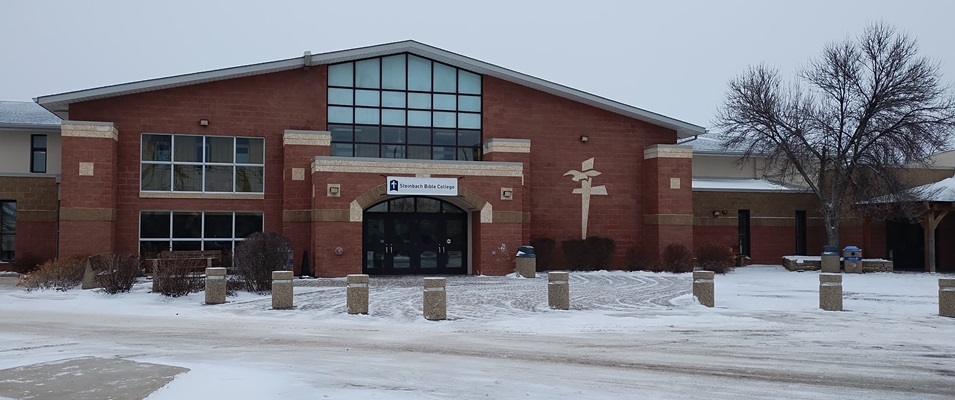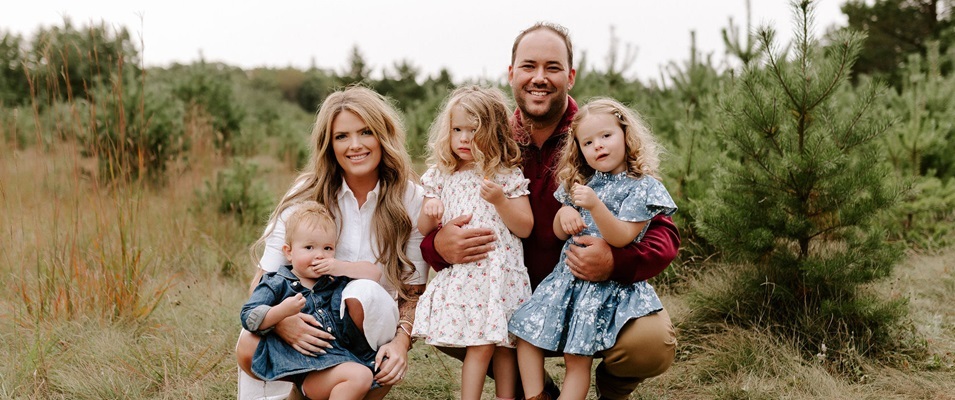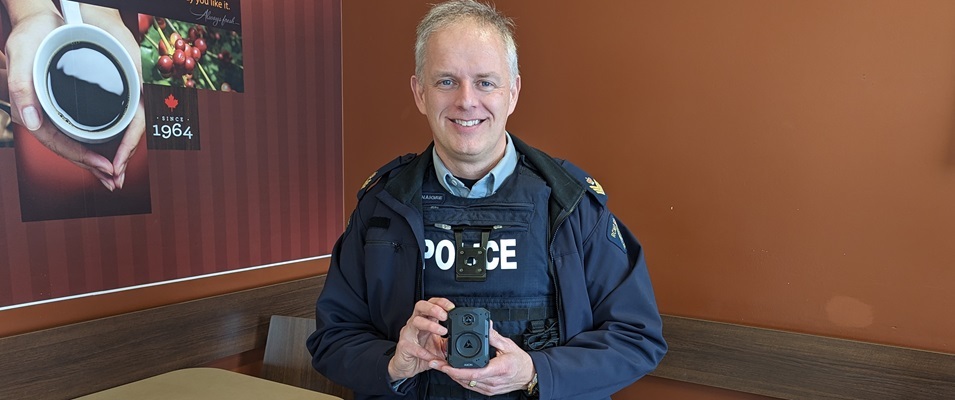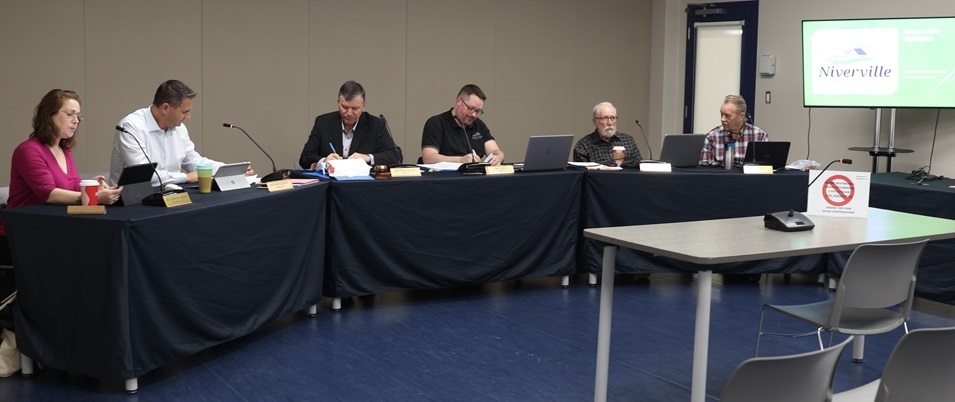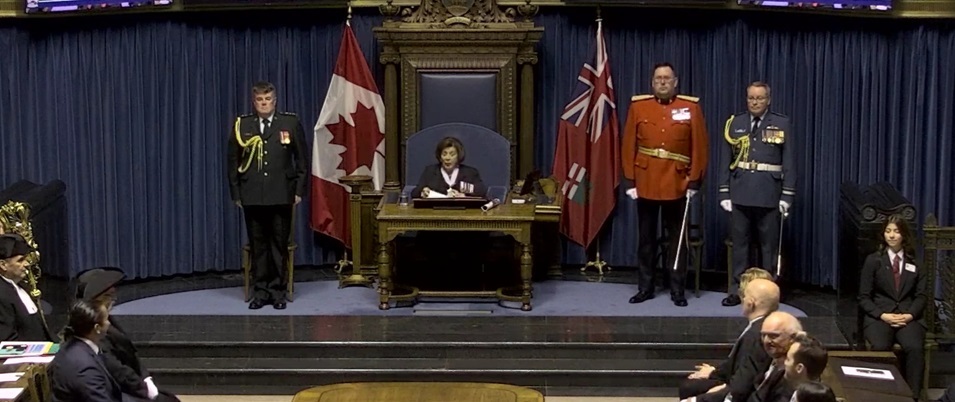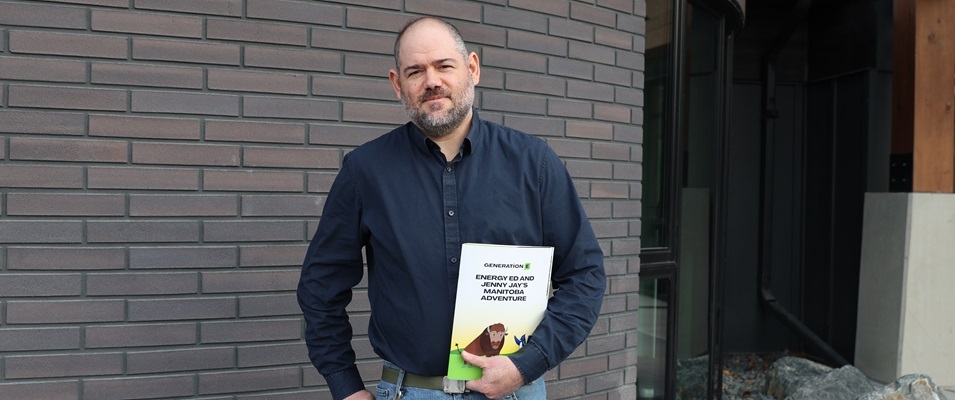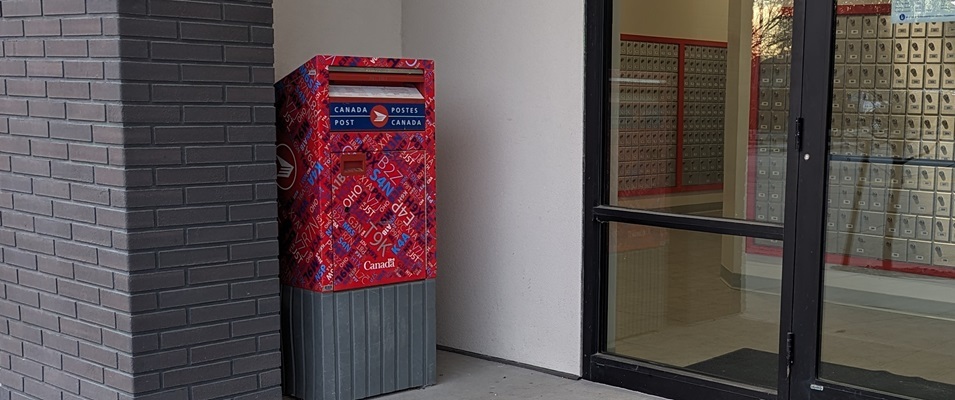
Beginning this month, lower income Canadians with no current access to dental insurance will have an opportunity to sign up for the newly unveiled Canadian Dental Care Plan (CDCP).
Introduced as a part of the 2023 budget, the new publicly funded dental plan will cost the federal government $13 billion over the next five years and $4.4 billion ongoing to implement.
“Oral health is essential to Canadians’ overall health, but oral health care can be expensive,” reads a statement from the government. “A third of people living in Canada do not have dental insurance, and, in 2022, one in four Canadians reported avoiding visiting an oral health professional because of the cost.”
Similar to Canada’s universal healthcare program, the intent of the CDCP is to ensure that all Canadians have access to affordable and essential oral healthcare.
But not everyone will qualify for the publicly funded program. The CDCP is targeted specifically toward uninsured Canadians with an annual household income under $90,000.
According to the federal government, that includes about nine million Canadians, or approximately one-quarter of the population.
Those who have access to employer- or pension-sponsored dental benefits or private dental plans do not qualify, regardless of income. If provincial or territorial social dental programs exist, the CDCP will be there to help fill any gaps in those programs for uninsured lower-income families.
“Oral health professionals play a vital role in delivering oral health care, and this plan will allow more Canadians to receive their care,” the statement continues. “Resources and tools on how to assist and inform their patients about the CDCP will be provided to the oral health professional community.”
The CDCP will cover basic dental services such as teeth-cleaning and scaling, examinations, X-rays, fillings and crowns, dentures, root canals, and some oral surgeries.
Teeth whitening, dental implants, and mouth guards will not be covered under the plan.
Qualifying applicants with household incomes under $70,000 per year will have all their basic dental treatment covered by Ottawa. Those falling within the $70,000 to $89,999 bracket will qualify for copay plans and the feds will foot the bill for between 40 to 60 percent.
The program, in its entirety, will be phased in incrementally over the course of the next year.
Those aged 87 and over can begin applying this month. Between January and May, seniors 65 years and up will continue to be phased in.
In June 2024, children under 18 years of age and those with a disability tax credit certificate may apply. All remaining qualifying residents will be eligible in 2025.
The federal government will be sending letters to every qualifying resident inviting them to apply for the program.





